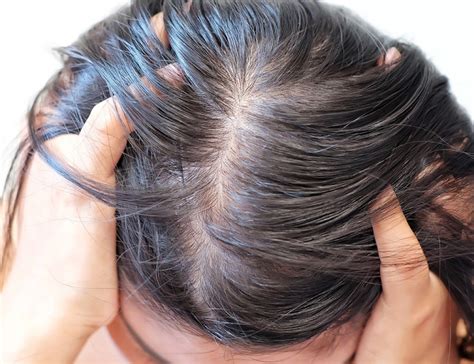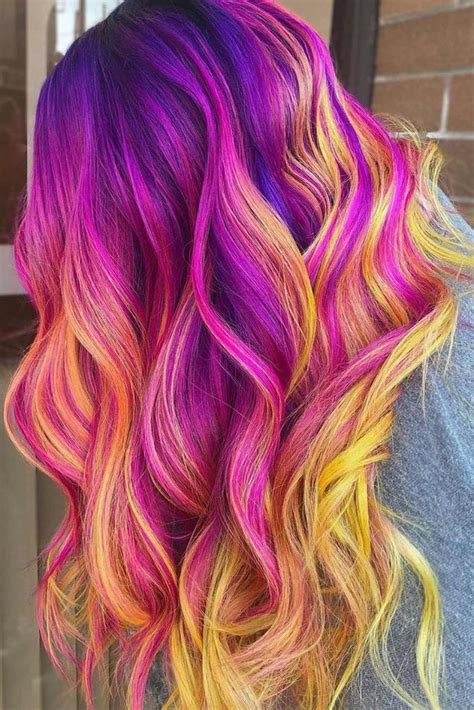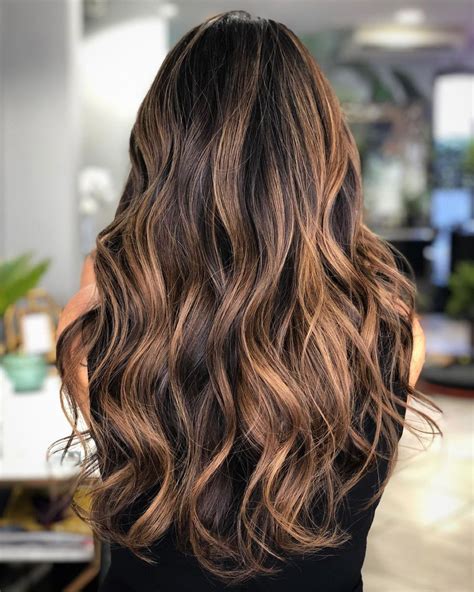Struggling with oily hair? Learn the causes and find solutions for over-washing, using the wrong products, hormonal changes, and diet-related issues. Say goodbye to oily hair!
Causes of oily hair
Contents
Many people struggle with oily hair, and there can be several causes behind this common issue. One of the main reasons for oily hair is over-washing. Washing your hair too frequently can strip it of its natural oils, causing the scalp to overcompensate by producing more oil. Using the wrong hair products can also contribute to oily hair. Some products contain heavy oils and ingredients that can weigh down the hair and make it appear greasy.
Another common cause of oily hair is hormonal changes. Fluctuations in hormones, such as those that occur during puberty, pregnancy, or menopause, can lead to an increase in sebum production. Additionally, diet can play a role in oily hair. Consuming a diet high in greasy or fried foods can affect the health of your scalp and contribute to excess oil production.
It’s important to address the root cause of oily hair in order to find effective solutions. Some simple solutions for oily hair include washing your hair less frequently, choosing the right hair products for your hair type, and maintaining a healthy diet. It’s also important to manage stress and hormonal imbalances, as these can affect the health of your scalp and hair.
By understanding the common causes of oily hair and implementing these solutions, you can effectively manage and reduce excess oil production, leading to healthier, more balanced hair.
Over-washing hair
One of the most common causes of oily hair is over-washing. Many people believe that washing their hair frequently will help get rid of the excess oil, but in reality, it can actually make the problem worse. When you wash your hair too often, it can strip the scalp of its natural oils, causing the sebaceous glands to produce even more oil to compensate for the loss.
Additionally, over-washing can lead to dryness and irritation of the scalp, which can also trigger an increase in oil production. It can become a vicious cycle, as the more you wash your hair, the oilier it becomes, leading you to wash it even more frequently. It’s important to find a balance and only wash your hair when necessary.
Instead of washing your hair every day, try to gradually extend the time between washes to allow your scalp to adjust and regulate its oil production. Using a dry shampoo on non-wash days can help absorb excess oil and give your hair a refreshed look without stripping it of its natural oils.
When you do wash your hair, make sure to use a gentle, sulfate-free shampoo that won’t further dry out your scalp. It’s also important to focus the shampoo on the roots of your hair, as this is where the oil tends to accumulate the most. Conditioner should be applied on the lengths and ends of the hair, avoiding the scalp to prevent weighing it down with excess product.
Using wrong hair products
One of the common reasons for oily hair is using wrong hair products. This could be anything from shampoos, conditioners, styling products, or even hair oils. When we use hair products that are too heavy or have a high level of moisturizing ingredients, it can lead to an overproduction of sebum by the scalp, resulting in greasy hair.
Another culprit could be using products that contain silicones which can create a coating on the hair, making it difficult to cleanse properly, and causing oil buildup. It’s important to check the ingredients of your hair products and opt for those labeled sulfate-free and non-comedogenic to avoid exacerbating oiliness.
Moreover, some people make the mistake of over-applying hair products, thinking that more is better. However, using excessive amounts of styling products or leave-in treatments can weigh down the hair and contribute to excessive oiliness. It’s crucial to use these products sparingly and focus on applying them to the mid-lengths and ends of the hair, rather than the scalp.
Using the wrong hairbrush or comb can also have an impact on oiliness. Using brushes with natural bristles and wide-tooth combs can help distribute the natural oils from the scalp through the lengths of the hair, preventing them from accumulating at the roots. Opting for a suitable hairbrush or comb can make a significant difference in managing oily hair.
Therefore, it’s essential to pay attention to the products you are using on your hair and make sure they are suitable for your hair type. By making the switch to lighter, non-comedogenic, and sulfate-free products, adjusting the amount you use, and choosing the right hairbrush or comb, you can effectively combat oily hair caused by using wrong hair products.
Hormonal changes and oily hair
When it comes to understanding the causes of oily hair, it’s important to consider the role of hormonal changes. Hormones play a significant part in regulating the body’s oil production, and fluctuations in hormone levels can lead to an increase in sebum production in the scalp. This excess oil can leave the hair looking greasy and unkempt, despite regular washing.
During puberty, the body experiences a surge in hormone production, which can result in oily skin and hair for many individuals. Additionally, women may notice changes in their hair’s oiliness during menstruation, pregnancy, and menopause, as fluctuating hormone levels can impact sebum production.
Understanding the relationship between hormonal changes and oily hair is essential for finding effective solutions. Rather than simply treating the symptoms of oily hair, it’s important to address the underlying hormonal imbalances that may be contributing to the issue.
One simple solution for managing oily hair due to hormonal changes is to incorporate regular scalp treatments into your hair care routine. Using a clarifying shampoo and scalp scrub can help to remove excess oil and product buildup, while rebalancing the scalp’s pH levels.
In addition to topical treatments, maintaining a balanced diet and staying hydrated can also help to regulate hormone levels and reduce excess oil production. Consuming plenty of fruits, vegetables, and omega-3 fatty acids can promote healthy hair and scalp, while minimizing the effects of hormonal fluctuations.
Diet and oily hair
Having a poor diet can contribute to excessive oil production in the scalp, leading to greasy hair. Foods high in saturated fats can stimulate the sebaceous glands to produce more oil. In addition, consuming too much refined sugar can also disrupt the balance of oil production in the scalp, leading to oily hair.
Moreover, low levels of vitamin B can also contribute to oily hair. A deficiency in this essential nutrient can lead to overactive sebaceous glands, resulting in greasy hair. It’s important to maintain a balanced diet rich in vitamins and minerals to keep your scalp healthy and oil-free.
Additionally, consuming excessive amounts of dairy products can also contribute to oily hair. Foods like cheese and full-fat milk can increase the production of oil in the scalp, leading to greasy hair. It’s important to limit the consumption of these products to maintain a healthy oil balance in the scalp.
Furthermore, not drinking enough water can also lead to oily hair. Dehydration can cause the scalp to overproduce oil in an attempt to compensate for the lack of moisture. Therefore, it’s essential to stay hydrated by drinking plenty of water throughout the day to prevent oily hair.
By making small changes to your diet, such as reducing the intake of saturated fats, refined sugars, and dairy products, and increasing the consumption of vitamin-rich foods and water, you can effectively manage oily hair and promote a healthy scalp.
Solutions for oily hair
Oily hair can be frustrating to deal with, but there are several solutions that can help you manage and reduce oiliness. Firstly, consider using a clarifying shampoo to deep clean your hair and remove excess oil. It’s important to avoid over-washing your hair, as this can strip your scalp of natural oils and actually cause it to produce more oil. Instead, try to limit washing to every other day or every few days, and use a dry shampoo in between washes to absorb excess oil.
Another solution for oily hair is to adjust your diet. Consuming too much greasy or fatty foods can contribute to overactive oil glands, so focus on incorporating more nutrient-rich foods like fruits, vegetables, and lean proteins into your diet. Additionally, consider incorporating scalp treatments into your haircare routine, such as tea tree oil or apple cider vinegar rinses, to help balance oil production and maintain a healthy scalp environment.
When it comes to styling products, opt for oil-free formulas and avoid applying them directly to your scalp. Look for hair products that are specifically designed for oily hair and avoid heavy, greasy styling products that can weigh your hair down and contribute to oiliness. Finally, consider making some lifestyle changes to help manage oily hair, such as reducing stress levels, getting regular exercise, and staying hydrated. These simple solutions can make a big difference in managing oily hair and maintaining a healthy scalp.











